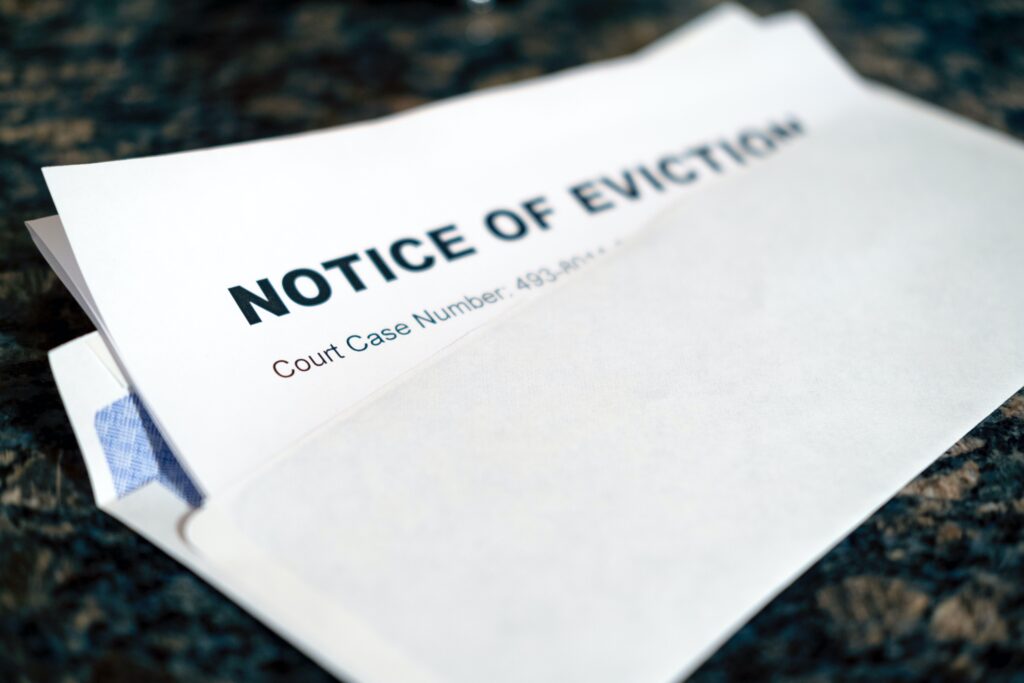Losing a loved one is an emotionally trying time, and the last thing you want to worry about is figuring out how to pay inheritance tax when there’s little to no liquid assets in the estate. Unfortunately, this is a common predicament faced by many beneficiaries. Inheritance tax is due upfront before assets can be distributed, even if there’s no cash readily available to cover the bill.
This guide explores several options for responsibly settling inheritance tax when inheriting property or estates lacking liquid funds.
Understanding your inheritance tax liability
Before exploring payment strategies, you’ll need to calculate your potential inheritance tax liability based on the full value of assets being inherited. This requires:
Detailed asset valuations
Have formal appraisals or valuations conducted for all property, business interests, investments, vehicles, collectibles and other assets comprising the estate. These must be done by a professional.
Deduct exemptions and reliefs
Maximise all applicable exemptions like the £325,000 nil-rate band, residence nil-rate band for primary residences, spousal or charitable transfer exemptions and more. You can learn more about the nil rate bands here.
Factor in debts
Any outstanding debts like mortgages and loans are deducted from the total estate valuation before calculating inheritance tax.
Assess cash or liquid assets
Determine if there is any cash, savings, investments or other liquid assets that could be used toward paying the inheritance tax due.
Once you have firm figures outlining the full net value of inherited assets versus any exemptions and liquid funds available, you can quantify the actual inheritance tax amount that requires external financing or payment from other sources.
Options for paying when cash is limited
For many beneficiaries, the combination of a high-value estate filled with illiquid assets like property and little to no liquid cash/savings can create challenges covering UK inheritance tax bills, which must be paid upfront before distribution.
Fortunately, you have several options to consider when inheriting taxable estates with minimal readily-available funds:
Use life insurance policy payouts
The proceeds from life insurance policies held by the deceased are typically exempt from inheritance tax and represent a source of money to draw from. Policies held in trust may not always result in accessible cash though. Trusts have terms, and distribution will be managed by the trustee according to the terms.
Remove funds from pension pots
While pension funds don’t count as part of your inheritance tax valuation, you may be able to access the deceased’s personal pension as a beneficiary to withdraw funds to cover the tax bill.
Take out a loan or mortgage
Both personal loans and mortgages represent a path to borrowing money for inheritance tax, using the inherited assets like property as collateral to secure the loan. Interest is usually deductible from the value of the estate.
Instalment plan with HMRC
For estates lacking sufficient liquid assets, HMRC may allow beneficiaries to pay inheritance tax via interest-bearing instalment plans spread over 10 years in some cases. This defers the full upfront burden, but it means you’ll be paying interest as well.
Look at loans
Beneficiaries facing large inheritance tax bills on illiquid estates with little cash savings may use bridging solutions like secured loans, instalment plans and strategic asset sales represent the most efficient paths to settling this obligation responsibly.
Leveraging asset value through property sales
When property like homes and land comprise the bulk of an estate’s value with inheritance tax due, selling these assets represents the most practical solution for accessing funds to make the required tax payments. The problem is that Inheritance tax must be paid within 6 months of the death, so a fast, secure sale is what’s needed.
However, traditional property sales through real estate agents have several drawbacks that make them time-consuming and risky in an inheritance scenario:
Repair or listing prep work
Estates with old, dilapidated properties may require repairs, maintenance, staging and cleaning before listings – easily running up costs over £10,000. Beneficiaries may lack liquid cash for this, and they may lack the time needed to undergo this process.
Property sale timelines
Even in a strong market, it could take 3 – 6 months to sell a property and get the needed cash when selling via an estate agent. This comes with the risk of a buyer pulling out, which could result in problems with paying the inheritance tax bill on time.
Solution: Working with professional property buying companies
For beneficiaries inheriting property that needs to be sold quickly to pay inheritance tax bills, companies like Property Rescue provide an invaluable solution. As professional cash home buyers, we make competitive offers and purchase inherited properties quickly and with no renovations or repairs required.
This allows you to access your property’s equity value within days rather than months. Our streamlined direct-buying process is designed to ease the burden on beneficiaries navigating probate property sales under time constraints from HMRC. Get a free, no-obligation quote to see how much the property you’d like to sell is worth.
Other asset liquidation options
It’s important to note that property represents just one type of inheritable asset that may need liquidation to cover inheritance tax obligations. Other illiquid assets frequently included in estates can present their own unique challenges, which is why it’s often easiest to liquidate property to cover the total tax burden of all assets combined. However to do this, you would first need an accurate valuation of all the assets, so you can work out what that total tax burden actually is.
Business ownership stakes
Selling shares of company ownership or partnerships requires specialised business valuation and equity transfer processes, often with extensive legal documentation required. it can be complex and time consuming to find buyers for businesses, or private business shares.
Investment and security holdings
Liquidating stocks, bonds and other investment assets can trigger additional capital gains tax charges eating into net proceeds if not handled optimally. But these types of assets are highly liquid and are a great way to pay your inheritance tax.
High-value collectibles
Asset classes like rare collectibles, antiques, artwork, jewellery and memorabilia often require dedicated specialty appraisals to find out their value, and they can be difficult to sell quickly.
Recreational assets
From boats and vehicles and any high-value recreational assets can need to be sold off at varying speeds, depending on the asset. Typically the vehicle market is more liquid than the housing market, and such items can be liquidated with relative ease if priced competitively.
Options for assistance and advice
With so many complex considerations involved in responsibly paying inheritance tax on illiquid estates and assets, beneficiaries facing this situation need not go it alone. Many professional services exist to provide assistance and guidance through this often overwhelming process:
Inheritance tax accountants
Hiring an accountant with specialised understanding of HMRC inheritance tax regulations and relief provisions ensures you maximise all exemptions, allowances and payment options available.
Estate valuation and liquidation specialists
Probate firms focused on estate administration and asset liquidation can help value assets properly while marketing them through the various appropriate, cost-effective channels to extract maximum value as inheritance tax payments.
Solicitors
Consulting an experienced probate solicitor can ensure that not only the granting of probate happens successfully, but also that you receive appropriate legal advice and advocacy to protect your interests within the realms of the law.








